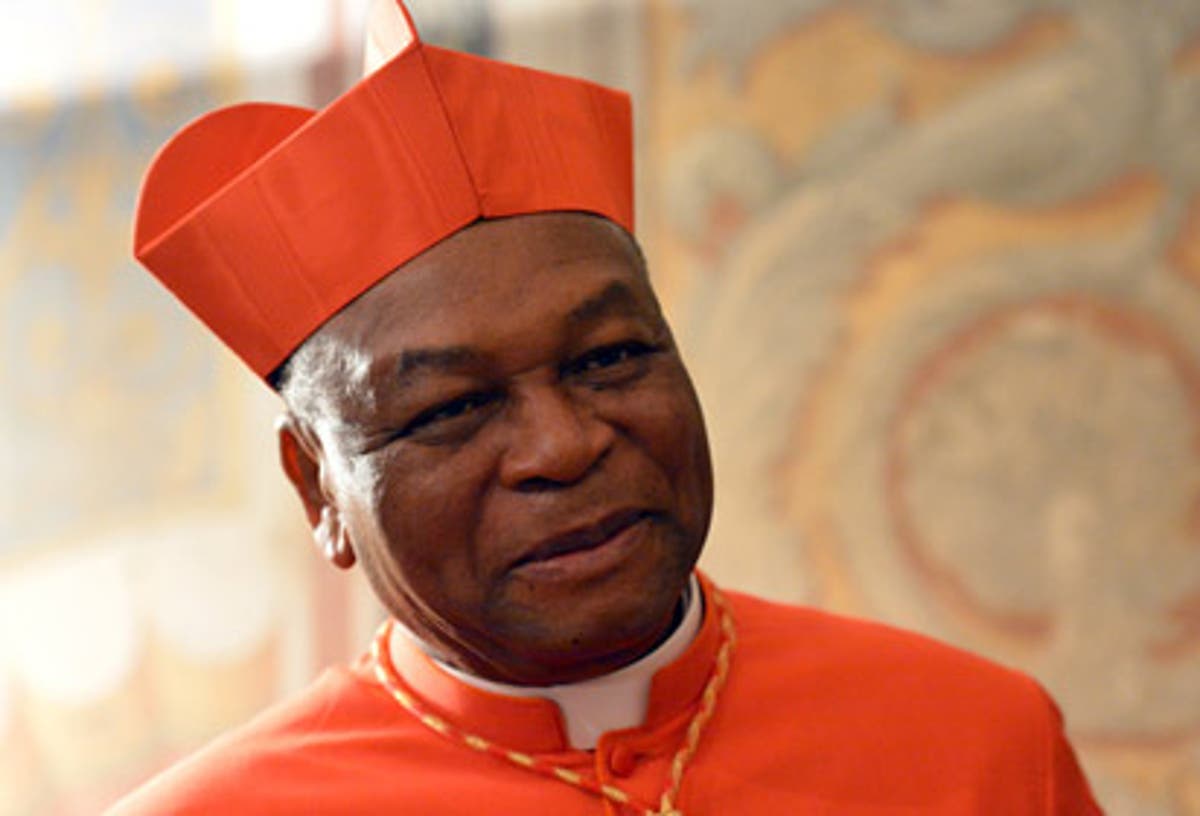
Cardinal John Onaiyekan, Prof. Attahiru Jega and other civil right actors have called for the convening of a National People’s Conference to address Nigeria’s political structure.
The coalition under the umbrella of the Nigeria Working Group on Peace building and Governance made the call in a communiqué following a convening of civil society actors meeting on Friday in Abuja.
It said that the group offered key observations and recommendations on how citizens could collectively create synergy in seeking pathways to the rebuilding of Nigeria.
The actors included Cardinal John Onaiyekan, Dr Hakeem Baba Ahmed, General Martin Luther Agwai Prof. Attahiru Jega, former INEC chairman, Prof. Jibrin Ibrahim, Dr Nguyan Shaku Feese, Dr Usman Bugaje, Adagbo Onoja and Amb. Fatima Balla.
Others include Amb. Zango Abdu,Auwal Musa Rafsanjani, Dr Chris Kwaja, Dr Hussaini Abdu, Kemi Okenyodo, Mr Jim Gala, Mrs Aisha Muhammed Oyebode and Tsema Yvonne.
The group said in the absence of a binding narrative, series of conspiracy theories had emerged with immense capacity to divide the country along the sharp line of both ethnicity and religion.
It therefore recommended that apart from People-Centred Dialogue Process and Nigerians in their communities, associations, civil society groupings, women’s groups and youth groups should accelerate ongoing discussions to deepen the emerging consensus.
It also recommended the prosecution of criminality and violent confrontations between farming and herding communities which had claimed thousands of lives and deepened ethnic, religious, and regional polarisation.
It said that civil society, the media, professional associations, socio-cultural groups, women, youth, students, and people living with disability should act in one accord as key catalysts for civic action.
The group said that this was because civic action representing key voices was needed to be amplified in mobilising citizens as a basis for compelling governments at all levels to act in the overall interest of the citizens.
It decried the sustained absence of strategic communication between the Nigerian state and its citizens.
“This situation is further heightening the level of desperation among the citizens that are increasingly being detached from the everyday governance of the Nigerian state.’’
The group observed that the increasing insecurity across the country continued to gallop toward the abyss.
It said this was due to the lack of political will and the inability of the country’s security architecture to manage the multiple challenges.
It said that kidnapping for ransom was an acute concern across the country.
It said that the northeast was witnessing resurgence in Boko Haram activity and thousands of people were internally displaced by banditry across rural communities in the northwest.
The group said that the criminality in rural areas further complicated the situation by undermining food security as many farmers had been unable to go to their farms for months for fear of losing their lives.
It said corruption was getting out of control and there was a concerted effort to dismantle anti-corruption agencies and render them ineffective.
The group said that the confidence toward the Nigerian state was very low thereby heightening the divides in the federation and creating widespread demands for dialogue and consensus building on restructuring.
It said that the Nation needed to adopt a sense of urgency in the way it dealt with rapidly accumulating liabilities.
“We welcome the obvious improvements in elite consensus and inclusiveness in dealing with legitimate demands to restructure the nation.
“We urge every well-meaning Nigerians to contribute to the discussions, debates and the search for real and constructive solutions to limitations in the operations of our constitution and the structures that give meaning to our citizenship.’’
The group called on younger Nigerians in particular to get involved in the search for a future without the current levels of bitterness.




